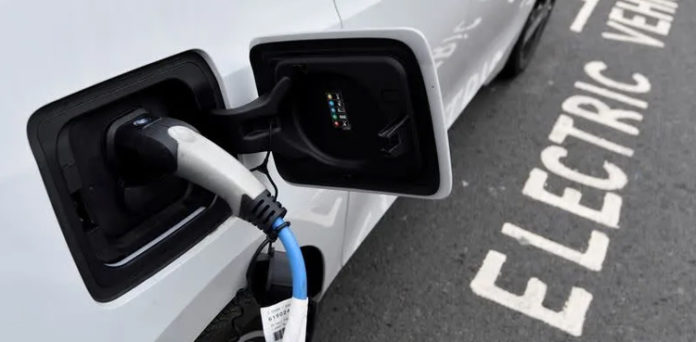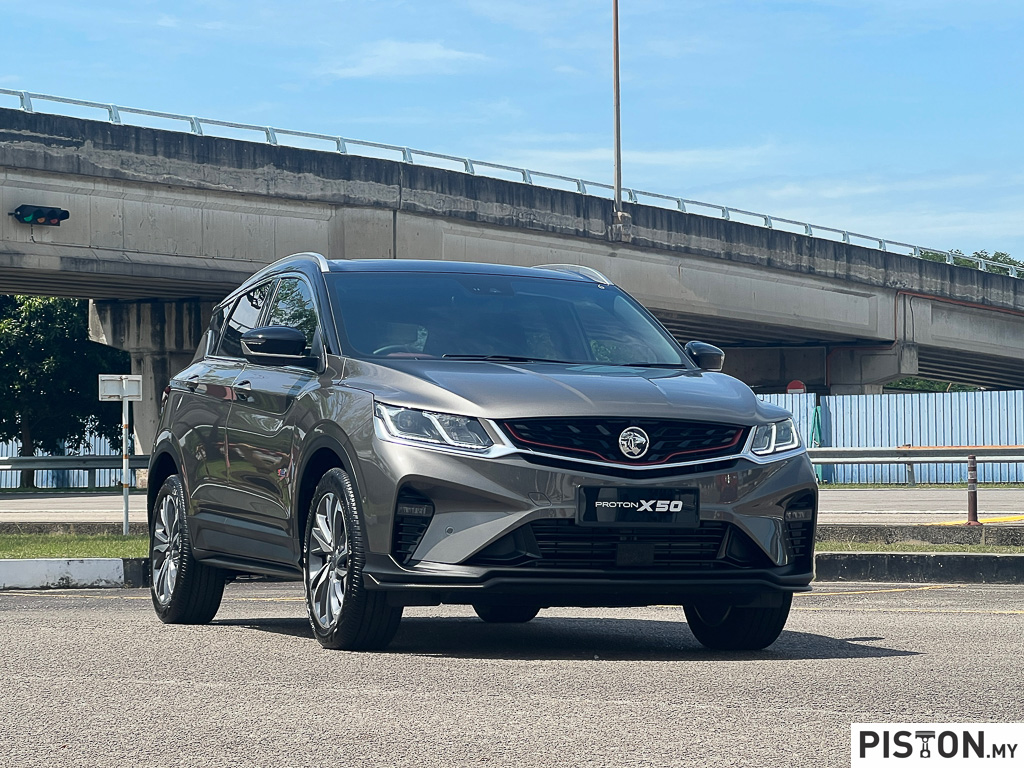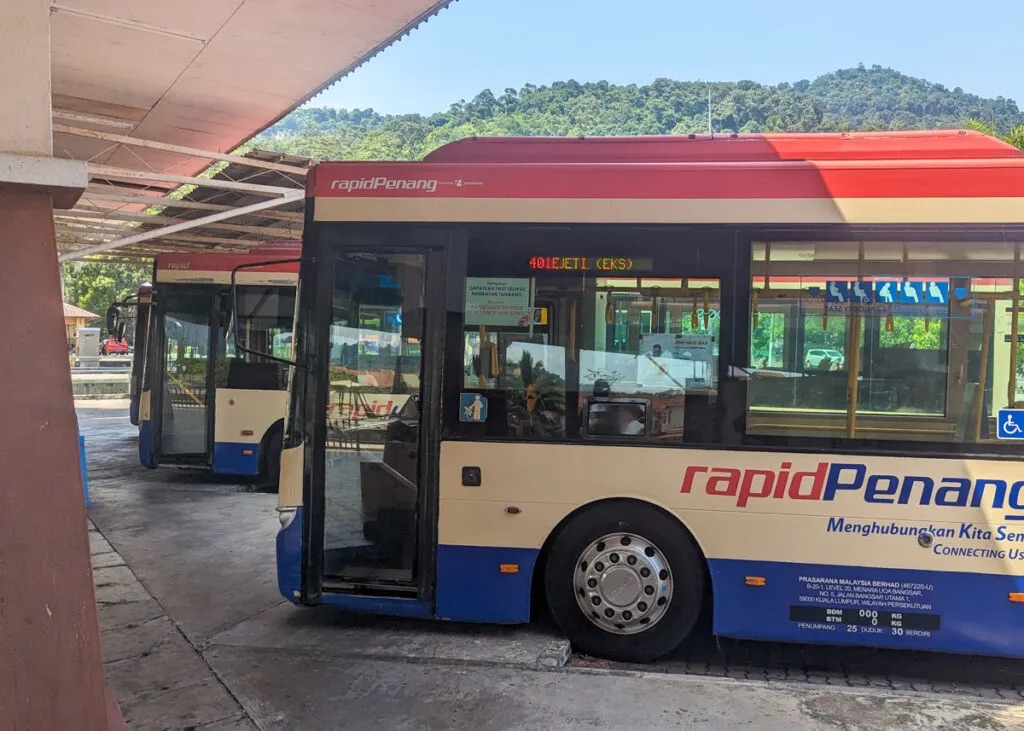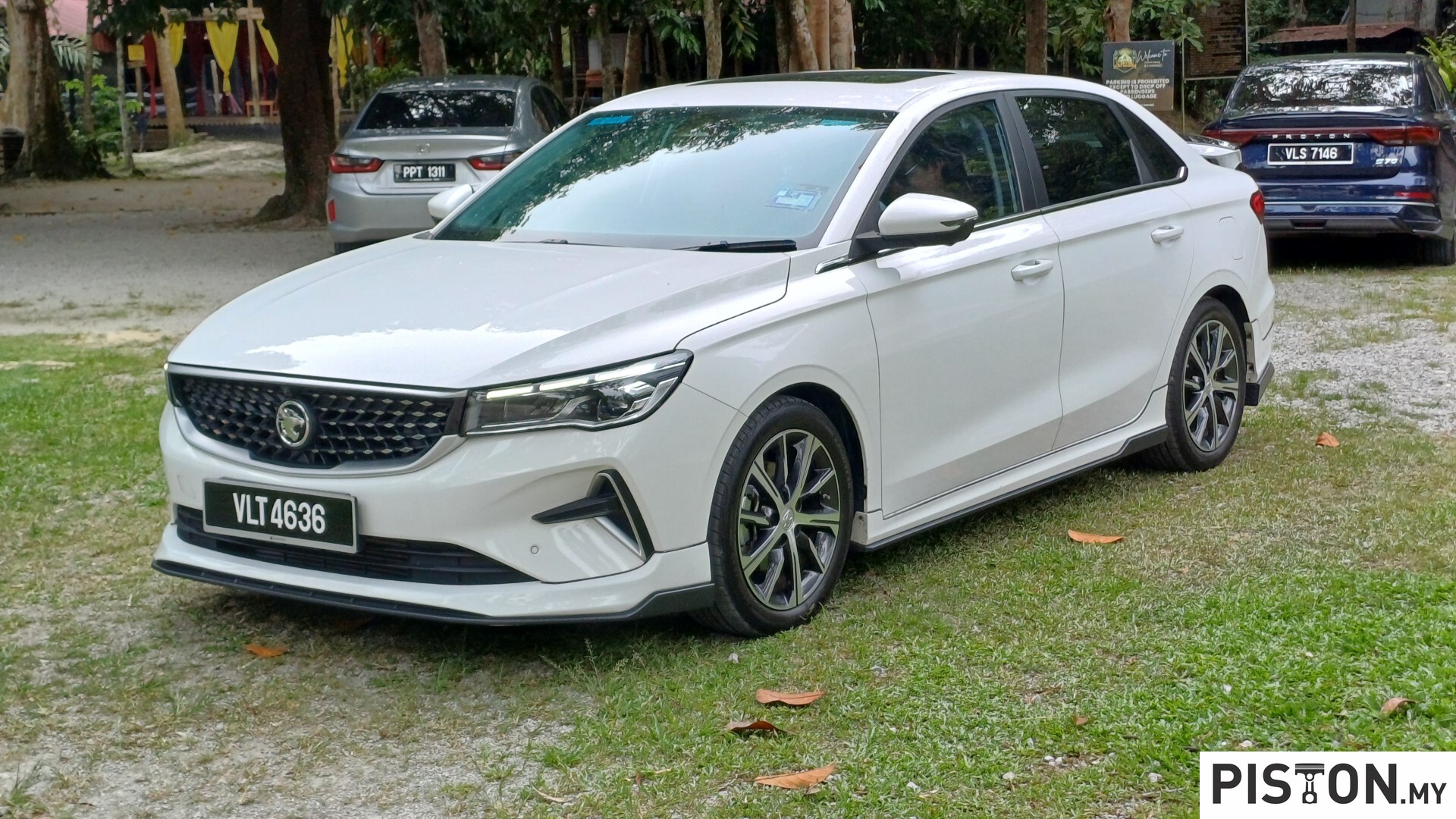The Imbalance Cost Pass Through (ICPT) mainly functions as a mechanism to evaluate the electricity rate every six months to account for changing fuel prices, which make up 65% of the cost component of the electricity tariff. This new ICPT surcharge for the second half of 2023 was based on fuel prices in the first half of 2023 because it is changed every six months depending on the six months prior to it.
The new ICPT programme for the second half of 2023 may require EV users to pay more to charge their cars at home. An RM0.10 per kWh tax will be applied to bills that use more than 1,500 kWh per month, which is an increase from the RM0.02 rebate that was previously given.
This implies that the highest residential tariff, which we normally use to estimate the cost of residential EV charging, which was previously RM0.571 per kWh, is now effectively RM0.671 per kWh.
We often utilise the RM0.571 rate because EVs are typically expensive devices used in homes with monthly residential power usage over the 901 kWh range, where the highest residential tariff is applicable.
Please keep in mind, nevertheless, that this RM0.10 per kWh tax does not just apply to usage exceeding 1,500 kWh. Your entire TNB bill will be subject to the extra after you use more than 1,500 kWh.
Consequently, if your usage is currently just below the limit, adding an EV to your home may result in a considerable rise in your electricity bill that goes beyond just the electricity your EV uses. Everything else’s electrical costs will increase as well.
The expected number of users who would be impacted by the surcharge is 83,000. The RM0.02 ICPT rebate that was previously offered is still valid for anyone else with monthly usage under 1,500 kWh.
The government reports that the average fuel price for the first half of 2023 was USD173.50 per metric tonne, down from USD224 per metric tonne in the second half of 2022, which was utilised to determine the previous ICPT rate.
The government also stated it would change the solar PV Net Energy Metering (NEM) scheme for private homes to be less restrictive than the existing 10 kW restriction for 3-phase supply and 4 kW for single phase supply, but there have been no further specifics released as of yet.






















